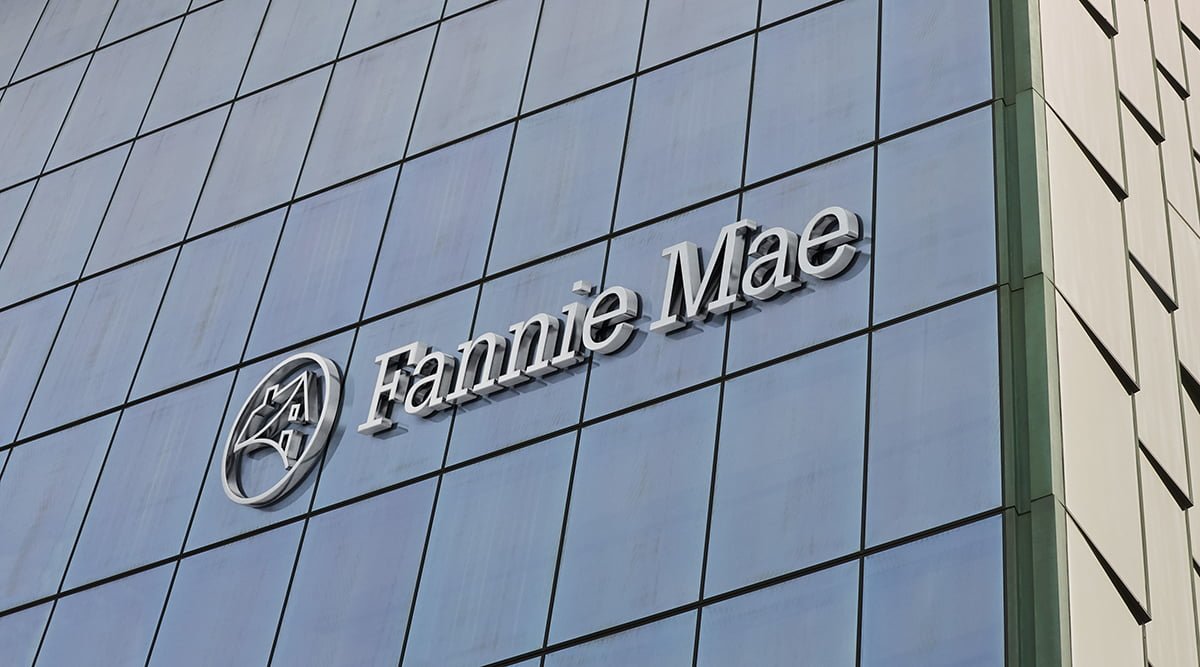Before Fannie Mae and Freddie Mac exit conservatorship, several things still must happen. As the presidential election approaches, the Federal Housing Finance Agencies and the government-sponsored enterprises are entering crunch time.
Q2 2020 hedge fund letters, conferences and more
In a note this week, Dick Bove of Odeon Capital highlighted four administrative things that must be taken care of before Fannie Mae and Freddie Mac will be able to exit conservatorship. Odeon Capital hosted Daniel Schmerin, who worked at the Treasury Department and played a major role in one of the lawsuits that was filed over the GSEs' preferred shares.
Schmerin expects two of the four things to be done, which are the release of the finalized capital rule and the creation of a new senior preferred stock purchase agreement.
Finalizing the capital rule
A new capital rule has already been proposed for the GSEs, but it still must be finalized following the comment period. Bove believes the FHFA will require a 4% capital to asset ratio. He added that almost all significant observers believe that level would be too high and that it would cripple the GSEs' ability to be profitable.
He noted that Fannie Mae and Freddie Mac are not banks, but rather, credit insurance companies. Most of the experts he spoke to believe forcing the GSEs to take on bank capital ratios doesn't make any sense.
Bove believes FHFA Director Mark Calabria is trying to harm Fannie's and Freddie's competitiveness because he supposedly thinks they should be eliminated. However, other experts we have interviewed previously have point out that he is guiding Fannie Mae and Freddie Mac as they exit conservatorship as safe and sound companies. He seems to have no ulterior motives like Bove believes he does.
Resolving the status of the senior preferred stock
Several lawsuits have been filed over the preferred shares of Fannie Mae and Freddie Mac and the net worth sweep, which sweeps all of the GSEs' profits into the Treasury. A court has already ruled the net worth sweep illegal, but the senior preferred shares, which are owned by the government and prevent holders of the junior preferred shares from receiving dividends, still must be settled.
According to Bove, the senior preferred shares must be declared paid before Fannie Mae and Freddie Mac can exit their conservatorships. He expects a new amendment that changes the status of the senior preferred shares.
If the senior preferred shares aren't settled, he said the GSEs will remain in their conservatorships "for the foreseeable future."
Before Fannie Mae can exit conservatorship: capital plan and consent decree
Bove also noted that a capital plan must be in place before Fannie Mae and Freddie Mac can exit their conservatorships. The capital plan would outline how they will reach the capital levels set out by their capital plans.
Both GSEs hired advisors to develop their capital plans. Bove assumes it could take three years for the GSEs to retain enough capital to operate freely, although other experts have said they are closer than that to this milestone.
Fannie Mae and Freddie Mac also require a consent decree before they can exit their conservatorships. The consent decree must enable the GSEs to operate without their desired capital levels until they reach those levels. For the decree to be effective, the government would have to keep open its lines of credit.
Timing for Fannie Mae, Freddie Mac to exit conservatorship
Bove believes the finalized capital rule for Fannie and Freddie won't be released before the election because it could be a factor in the election. He does expect it before the end of the year though because the GSEs require certainty in working on their capital plans.
Bove believes the ideal time for the capital rule to be released is between Thanksgiving and Christmas. He believes the senior preferred amendment will have to be issued at the same time because if the senior preferred shares aren't declared paid, there aren't any further steps.
The capital plans are expected to be released in the first half of next year. He believes they may already be written based on a number of assumptions about how the two previous requirements will be met. The consent decree will be the final step.
He noted that if President Donald Trump wins reelection, there isn't any need to rush the consent decree through. However, if Joe Biden wins, it's believed that the consent decree will have to be completed before he is inaugurated, although Calabria probably won't be removed from his post at the FHFA until June.
Possible settlements in the lawsuits
Bove also ran through some possible settlements that could be the result of the lawsuits that were filed over the preferred shares of the GSEs. The Congressional Budget Office issued a report explaining what could happen in the settlement negotiations.
The possibilities range from the preferred shares being paid at par to a bankruptcy of the GSEs with their holders receiving nothing. The most likely result is a payment at a 20% discount to par. One price could be negotiated for all holders irrespective of the coupon on the preferred shares they hold.
If there is no negotiated resolution, but the plaintiffs win, Bove expects it will take at least three years to rebuild the GSEs' capital. After their capital is rebuilt, a single dividend payment could be made on the junior preferred shares.
At that point, the securities could be called and replaced with preferred shares that have a much lower coupon or possibly be convertible. If that happens, the value of the preferred shares will increase well before the dividend is paid. Bove expects a 100% price appreciation, and if they hold for three years, "well more than that."
On the other hand, he believes the common shares could be diluted by 90% to 100%. He also expects Fannie's and Freddie's earnings power to be "meaningfully compromised," resulting in a decline in the common shares' price.






